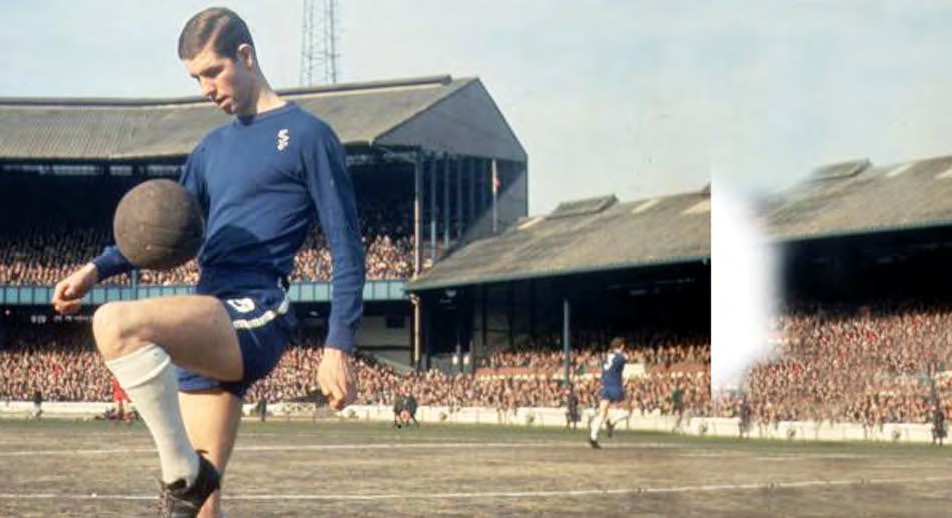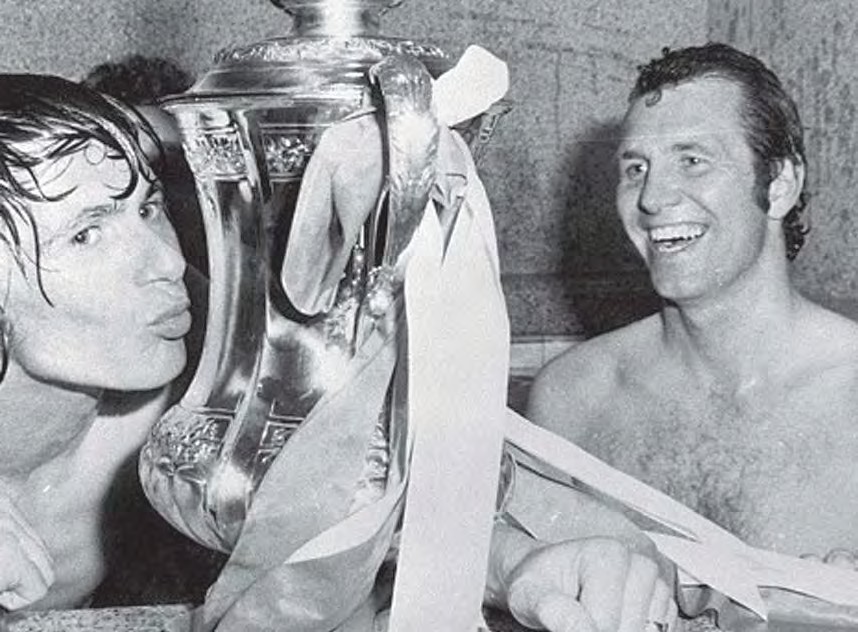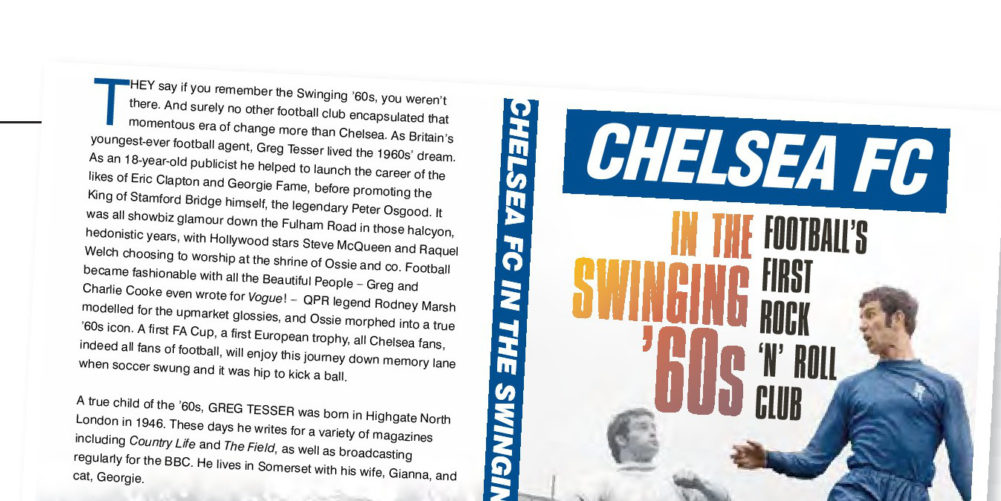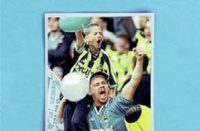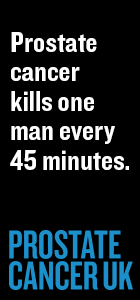GREG TESSER was there and did most of it with the Chelsea boys down the King’s Road in the swinging ‘60s. Here’s an extract from the final chapter of his book
By the early Seventies, the celebs were still in situ at Stamford Bridge, but to say the mood was not good would be an understatement. Peter Osgood’s relationship with boss Dave Sexton, which had often in the past verged on the fragile, was now at an all-time low, and Alan Hudson was also having regular run-ins with the manager.
Season 1973-74: knocked out of the FA Cup in round three by QPR, 1-0 in a replay, dismissed from the League Cup at the first hurdle by Stoke – again 1-0. And in the league, they ended the campaign in 17th spot, just five points clear of secondfrom-bottom relegated Manchester United.
For Ossie there was one shining light, his recall to the England team on November 14th 1973 for the confrontation with Italy. It was his Wembley international debut, and as he told me some 26 years later, it was a game that remained high on his list of ‘Great Matches’.
“I really turned it on that evening. The Italy coach said after the game that I was the most talented player on the park.
“Even Don Revie, never my number one fan, who took over from Alf (Ramsey) a year later as national boss was ecstatic about my all-round display. Every-thing to do with the Italy game was tinged with irony. It was my England Wembley debut, and at the same time, my final game for my country.
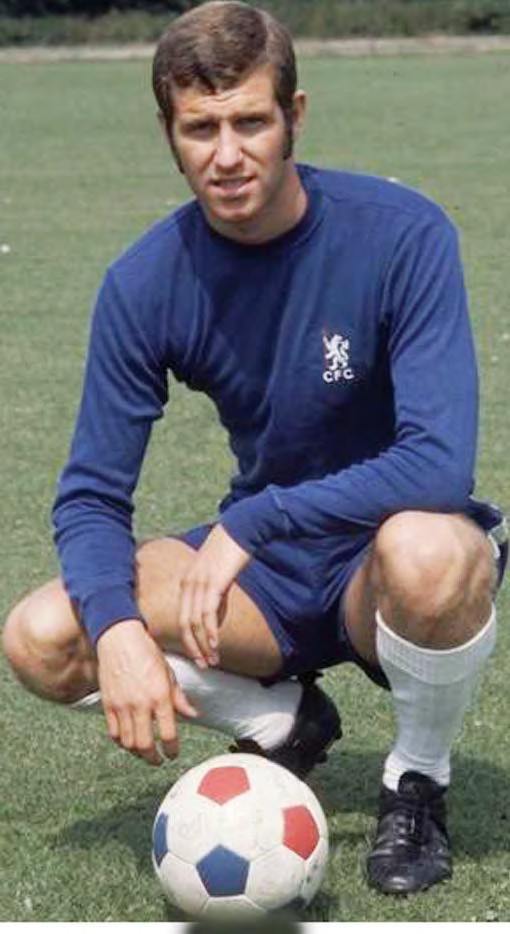
It was also Sir Alf’s last match in charge as England boss in this country. It was also Bobby Moore’s 108th and last international.
“The fact that Don Revie eulogised all over the shop about me makes me smile even to this day.”
Another little fact about the encounter was that Italy’s 86th minute winner in their 1-0 victory was put away by a future England manager. Yes, you’ve guessed it – one Fabio Capello! Then in January 1974, all the overt tensions that existed between Osgood and Hudson on one side and Sexton boiled over in the manner of a saucepan of milk left unattended on the cooker. The big break-up was about to be completed: the Kings of King’s Road, as exciting and as exuberant a bunch of players that had ever been seen at the Bridge were slowly but surely decamping and going their separate ways.
Hudson has told me of his friendship with Eddie McCreadie, who lives these days in the Southern States of America. Eddie has real heart, and knowing how much Alan had suffered, following the road accident in December 1997 in which he so nearly lost his life: and knowing that subsequently, his friend had had to endure no less than 70 further operations, the Scotsman invited him out to his house across the pond. “He and Eddie’s wife really looked after me,” Alan told me.
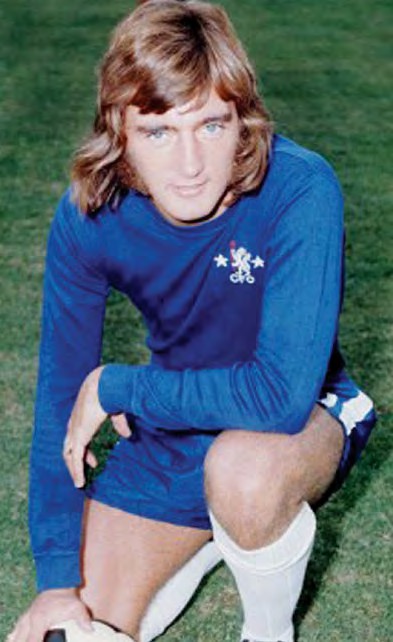
And it was following a drinking session with his “best mate” that the ongoing schism with Sexton turned separation into divorce. The following day, the manager confronted Alan accusing him of smelling of booze; essentially telling him in no uncertain terms that the midfielder’s alcohol consumption was one of the main reasons why Chelsea were dropping points. In a real “All For One, and One For All” gesture, Ossie spoke up in Hudson’s defence, stating that he had been the team’s best player all season.
A few days later more ‘words’ were exchanged -this time even more acrimonious than before, and the upshot was that both players were placed on the transfer list, with Sexton insisting that he had been trying to get Hudson out of the club for a very long time, which was an odd response, considering that the manager turned down the midfielder’s previous transfer requests and had stated that “you would leave this club over my dead body”.
As Hudson wrote recently: “I once bumped into tennis star Tom Okker – ‘The Flying Dutchman’ – in ‘Alexander’s. He’d obviously had more than just a couple of ‘Heinekens’, Dave (Sexton) wouldn’t have liked it knowing that Tom had been out relaxing, having a wonderful meal on the night before a big match on the Centre Court at Wimbledon. No, you must be tucked up with your following day’s instructions in your hands.”
Those Hudson comments clarify perfectly why the Cooke/Hudson/Osgood ethos was always going to be anathema to the Stamford Bridge boss. So long as games were being won, they tolerated each other, but it was all just a façade, just one big lie. And once things began to not go according to plan, it was ‘decree nisi’ time.
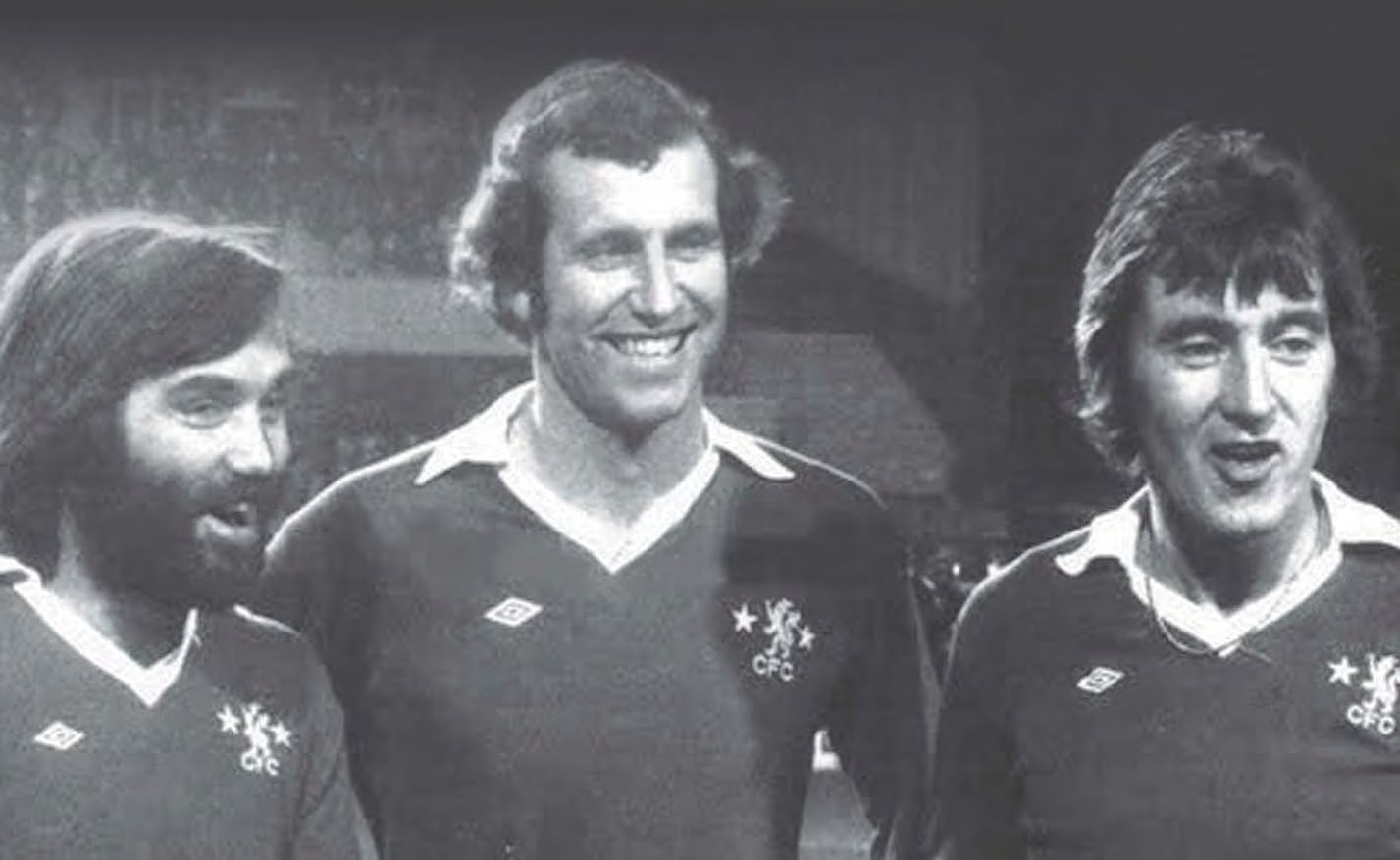
By February 1974, Hudson was on his way to Stoke, and a month later Ossie signed for Southampton for a club record fee of £275,000. With Charlie Cooke already gone, the end had been reached. Chelsea as a force were no more, and for some twenty-odd years, being a Blues fan proved to be a soul-destroying experience.
At Stoke, Alan was at his most imperious, producing a series of stellar displays, which saw them zoom up the First Division table, to within touching distance of their first-ever title.
As for Os, he inspired Southampton to that memorable 1976 FA Cup final victory over redhot favourites Manchester United, and certainly at both clubs in the dignified shapes of Messrs Waddington and McMenemy, the two rebels had at last discovered managers blessed with that rare touch of humanity, an attribute, which despite his devotion to Roman Catholicism, Sexton overtly lacked.
Earlier this year The BBC football correspondent Mike Ingham compared the recent internal politics of player power at Stamford Bridge, involving the likes of Terry and Lampard, to the days of Hudson and Osgood when player power was, in his view, very much to the fore. I would disagree totally with this comparison. The current ructions are all about who runs the club: back then it was purely a matter of one man, Sexton, not attempting to understand the 1960s counter culture, which, to his dismay, whether he liked it or not, involved his beloved game of football.
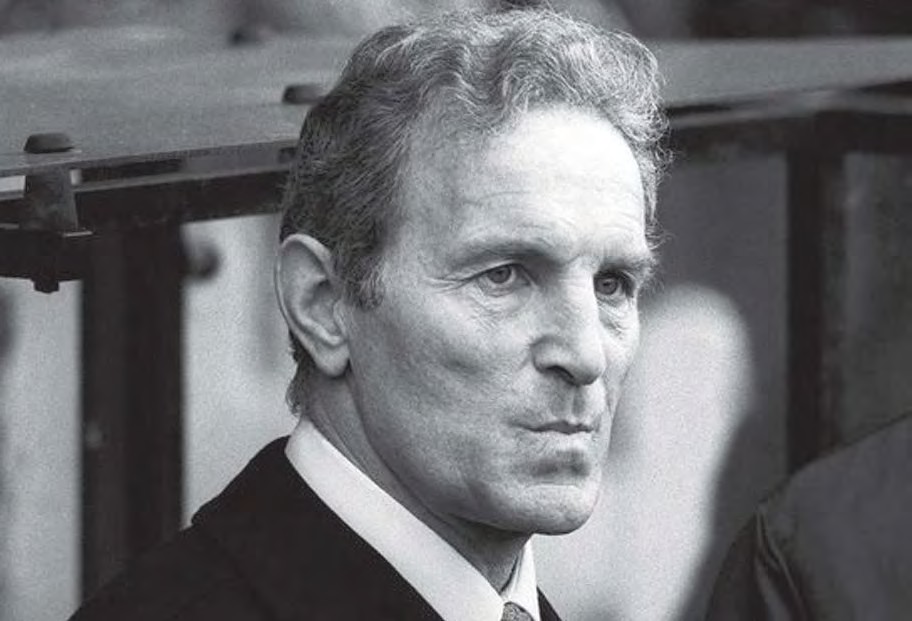
“it was following a drinking session with his best mate ossie that hudson’s ongoing schism with Sexton turned separation into divorce”
As for me, with Marsh at Manchester City, and Os now in Hampshire at unfashionable Southampton, and Chelsea’s fortunes at their lowest ebb for a dozen years or more, I also called it a day.
Let us forward our tape 18 years to Yeovil Town Football Club. It is 1992, and there is a gala dinner, with special guest speaker, none other than the King of Stamford Bridge himself. After his entertaining spiel, I went up to him, rather sheepishly, I have to admit. “Ossie, it’s me Greg Tesser,” I said, my voice almost a whisper.
“we were back in those days when the drink was smooth, the women were accommodating and the King’s Road was the centre of the universe”
“I recognised you straight away,” he said. “Give me your number and we’ll talk.”
And talk we did, and for just a few years it became like old times again as I arranged after-dinner engagements for the great man plus a few magazine interviews and the odd TV show.
A couple or so more years elapsed and I was in the company of Alan Hudson once more. He still looked the business in a sharp suit, and we had a few drinks at various locations in London. I also helped him plug his autobiography The Working Man’s Ballet with the odd radio interview.
There was one, in particular, at BBC London with Garth Crooks and Simon Crosse. We had both been drinking, and how we sounded on air the Lord only knows, but just for half-anhour so, we had climbed into our Time Machine and were back in those great days when the sun shone and the drink was smooth and the women were accommodating and the clothes were colourful, and the King’s Road was the centre of the universe.
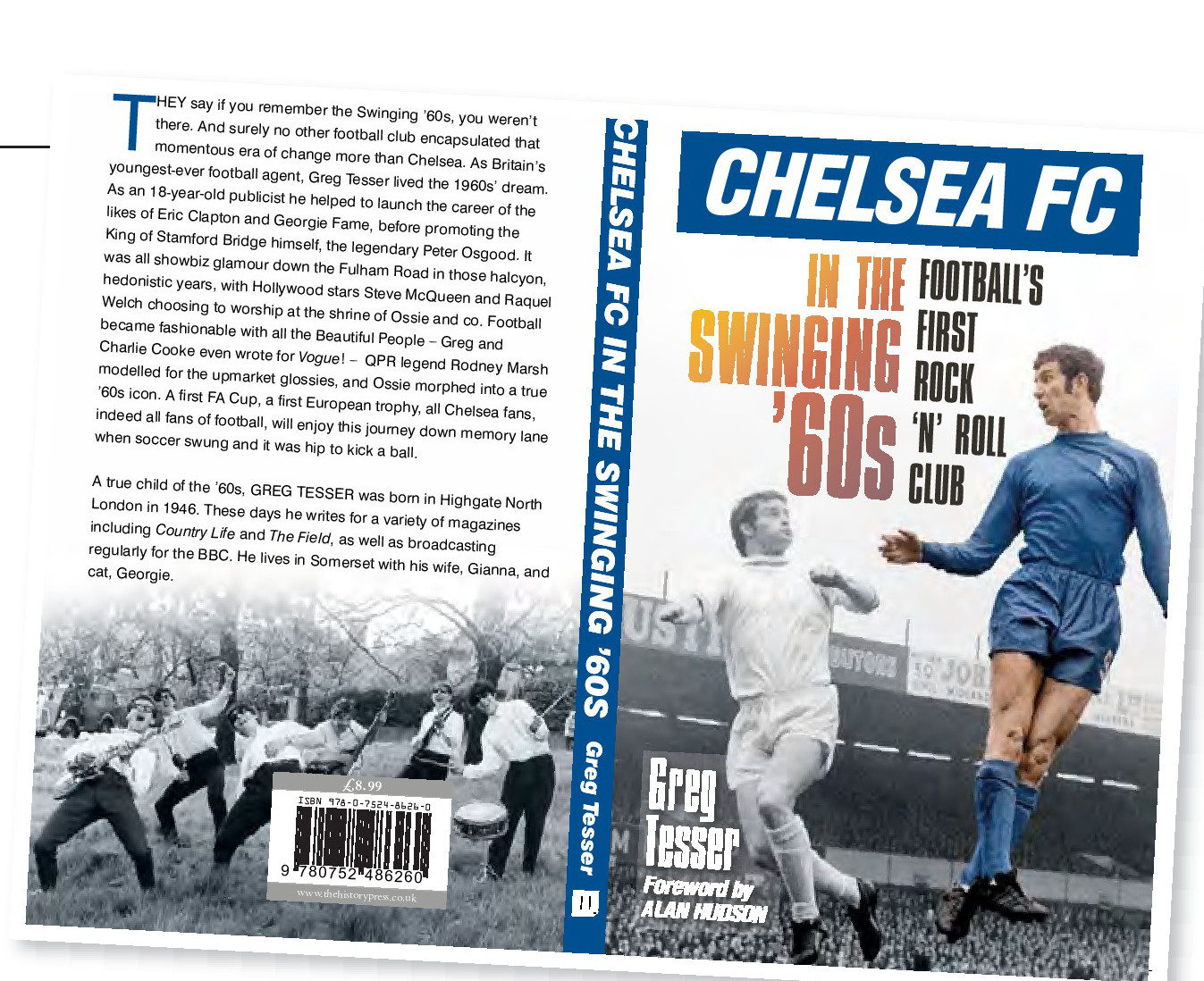
Then it is March 2006, and I receive a call from the BBC telling me that Peter Osgood has died of a heart attack. I was shocked to the core. Ossie had always seemed indestructible. Back in the 1960s we had felt immortal, but that glorious decade has been thrust into the waste-bin of history.
As I grow older, I still think of Osgood; I think of Houseman and Hutch and Weller, who have gone. I think of Hudson and his brave fight against serious injury. I think of what mighthave-been, and I think and I think, and I think of Peter Osgood.
As a special offer the e-edition of Greg Tesser’s sensation book is available for just £2.99 throughout March. Contact: www.thehistorypress.co.uk
